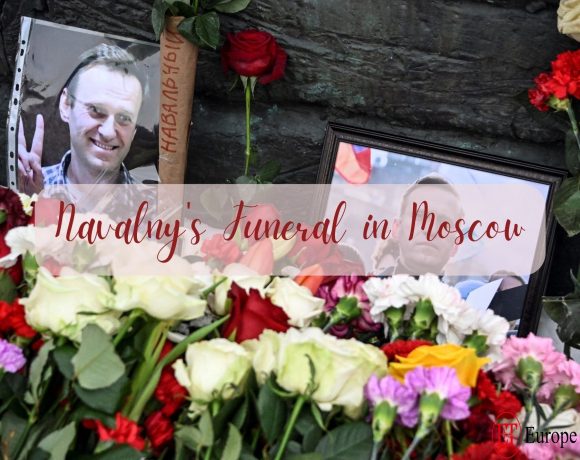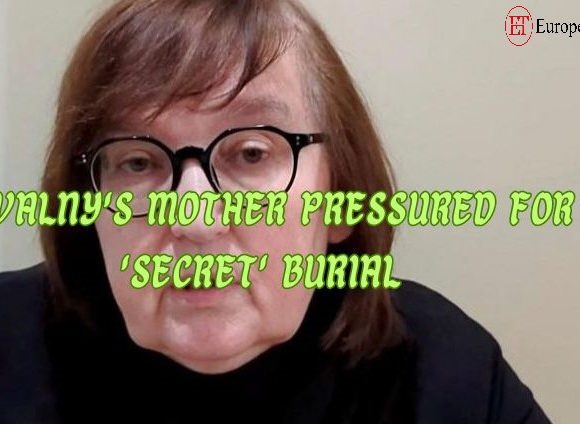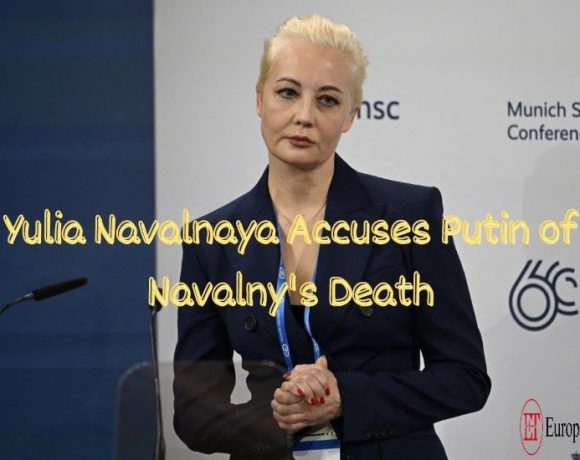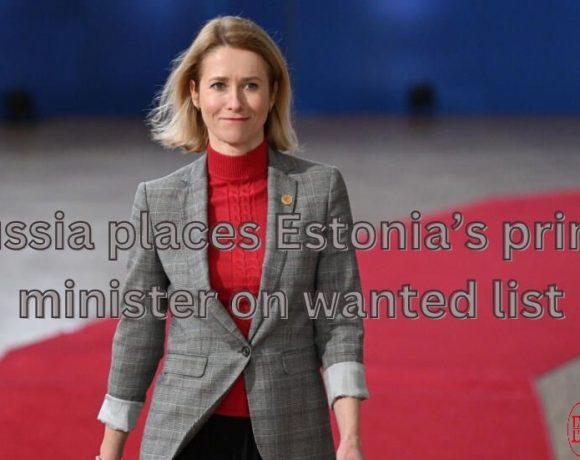Russian authorities have initiated criminal proceedings against Estonian Prime Minister Kaja Kallas, alleging political motivations behind the charges. Alongside Kallas, Estonian Secretary of State Taimar Peterkop and Lithuanian Culture Minister Simonas Kairys were accused of damaging or destroying Soviet monuments dedicated to Soviet soldiers, according to Russia’s state-run Tass news agency. Despite Kremlin spokesman Dmitry Peskov confirming the charges, the timing of the alleged offense remains unspecified. By Wednesday, officials from all three Baltic states were included on Russia’s wanted list.
Following Russia’s invasion of Ukraine, Kallas declared Estonia’s intention to remove all Soviet monuments from public spaces. This decision, seen as a response to Russia’s actions in Ukraine, likely exacerbated tensions between Estonia and Russia, culminating in the recent legal actions against Kallas and other Baltic officials.
Kallas, seemingly the first head of state placed on the Russian Interior Ministry’s wanted list since the invasion began, responded defiantly on social media. She viewed the move as unsurprising and a testament to her support for Ukraine in its conflict with Russia. Kallas vowed to continue backing Ukraine despite Kremlin attempts to silence her.
Latvia and Lithuania reacted strongly to Russia’s actions, summoning their respective Russian ambassadors and condemning the charges as politically motivated. Estonia also summoned Russia’s charges d’affaires in response.
Estonia, having experienced Soviet occupation, joined the European Union and NATO in 2004. NATO’s expansion to Russia’s border has long unsettled Russian President Vladimir Putin, who perceives the alliance as a threat to Russia’s security. Putin’s invasion of Ukraine has heightened concerns in Estonia, prompting efforts to bolster defense measures and support for Ukraine.
Estonia’s Foreign Intelligence Service warned of Russia potentially increasing troop numbers on its borders with the Baltic countries and Finland, a NATO member since last year. Estonian officials stressed the importance of collective defense and increased spending on defense, with Estonia’s defense budget set to exceed 3% of GDP for the first time this year. In his annual foreign policy speech, Estonian Foreign Minister Margus Tsahkna strongly condemned Russian aggression and affirmed support for Ukraine, emphasizing the need to resist aggression and uphold democratic values.
Picture Courtesy: Google/images are subject to copyright




